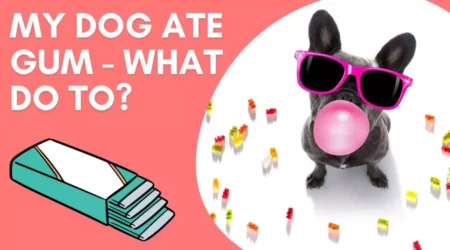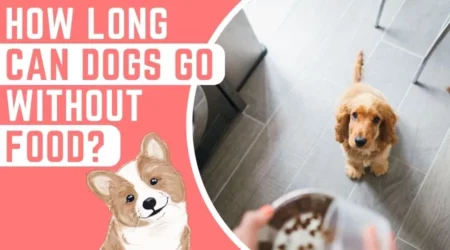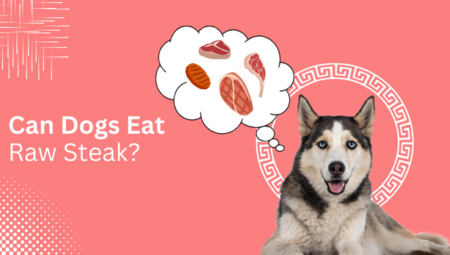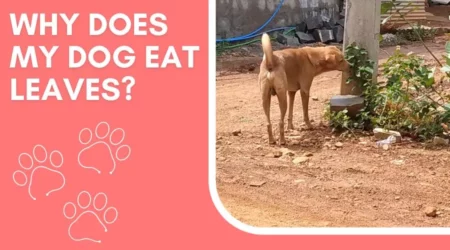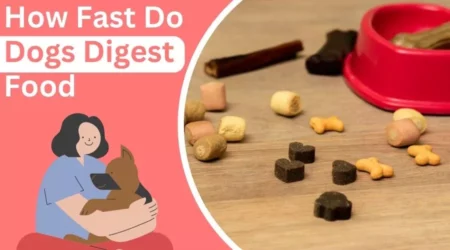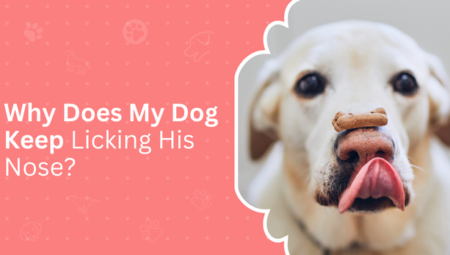Have you ever put your beloved dog’s food bowl down and watched as he sniffed it, only to turn and walk away? If so, you’re not alone.
Many pet owners have experienced this perplexing situation. If your pup is showing this behavior, it’s essential to understand why.
After all, your pup’s food is an important part of his life, so it’s important to identify any underlying issues that might be causing him to reject it. It could be as simple as he’s not feeling well or something more serious.
To determine the root cause, it’s essential to understand why your pup may be turning away from his food.
By examining dog sniff behavior ↗, you can determine the best course of action to ensure he’s getting the nutrition he needs.
What are the possible causes of a dog turning away from its food?
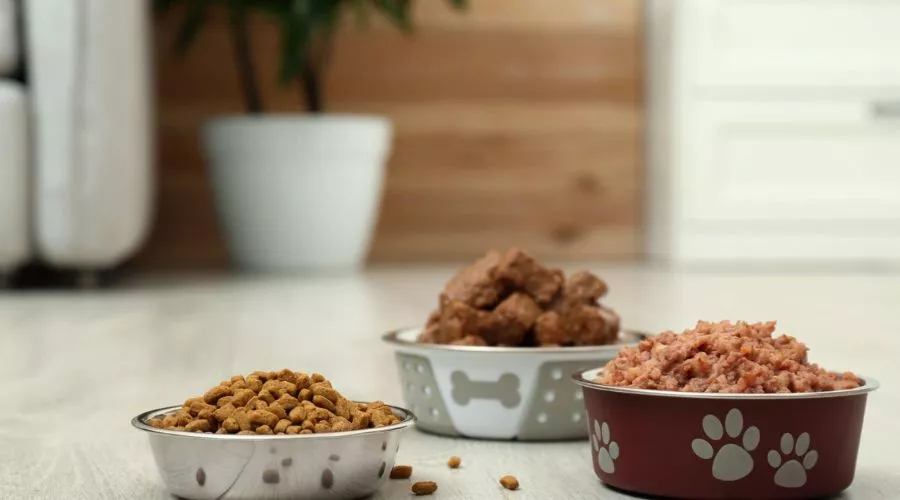
There are several reasons for your pup turning away from his food. The most common causes include the following:
How can you tell if your dog is not feeling well and not eating?
If your pup has stopped eating and you’re unsure of the cause, you’ll want to look closely at his behavior. There are a few ways to do this:
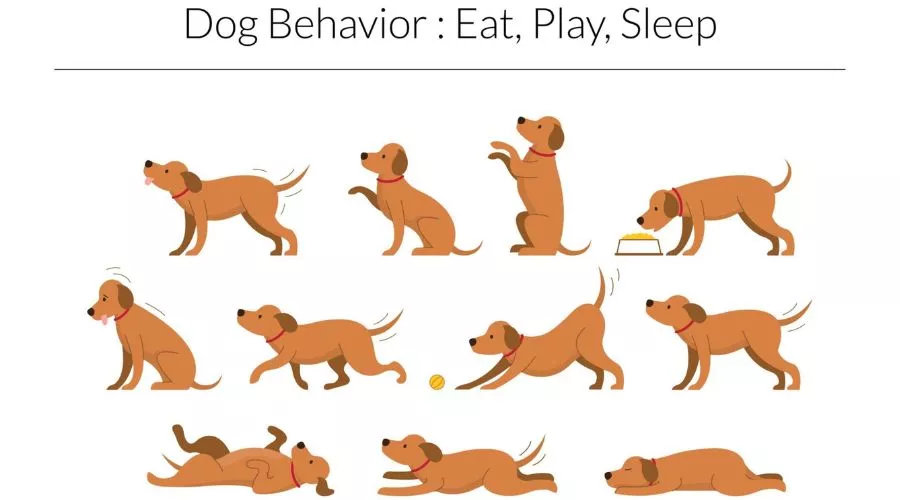
Does he appear more anxious than usual? If your pup shows any of these signs, it’s important to take him to the vet to be examined.
What are the signs that your dog may have an underlying medical condition?
If your pup has stopped eating and you’ve ruled out issues such as a change in diet, environment, and general stress, he may suffer from a medical condition. There are a few signs to look out for:
What steps can you take to ensure your pup gets the nutrition he needs?
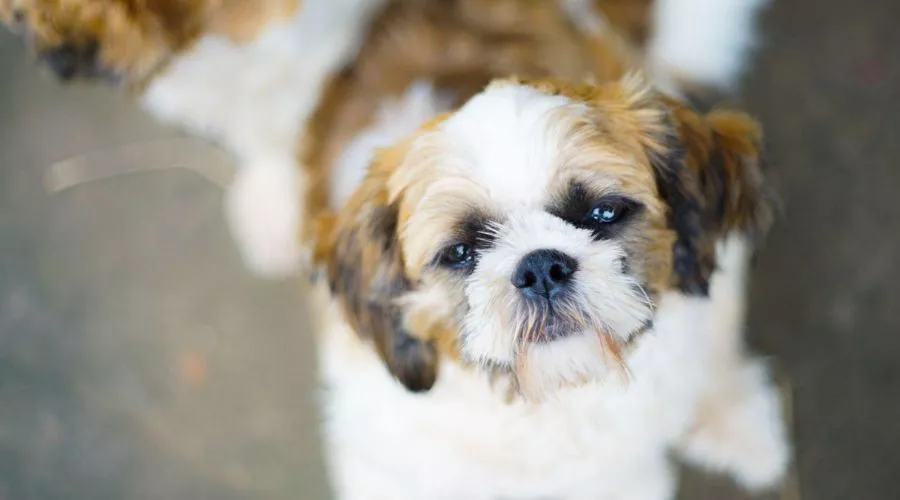
If your pup has stopped eating and you’ve ruled out issues such as a change in diet, environment, and general stress, getting him the nutrition he needs is essential.
This is because a dog that’s not eating is at risk of nutrient deficiencies that can have dire consequences.
The first step is to ensure your pup’s bowl is appealing. Make sure it’s clean and fresh and has a pleasant smell.
If your pup’s bowl is unappealing, he may be unable to force himself to eat. Next, you’ll want to try adding water to his food. This makes the food more palatable and can help your pup get the nutrition he needs.
You can also talk to your vet. They may be able to prescribe a nutritional supplement that can help to get your pup back on track.
What are the most common dietary issues to look out for?
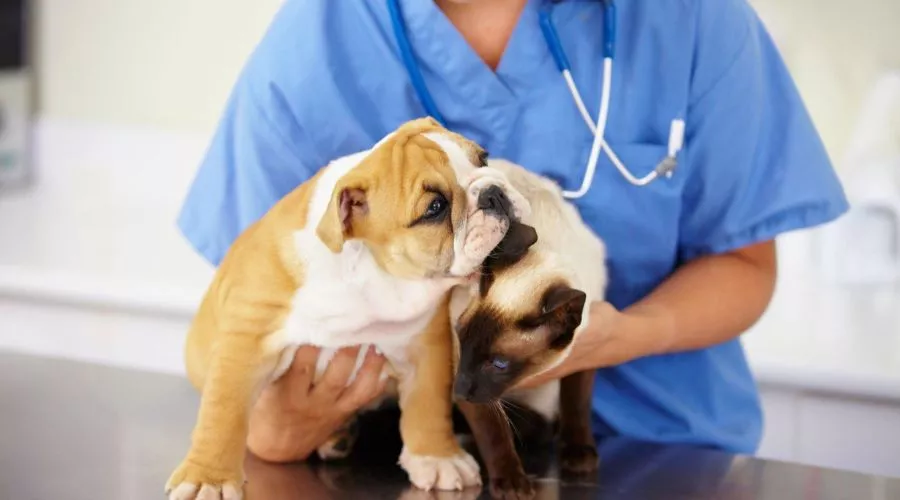
There are several dietary issues to look out for when assessing your pup’s diet. These include:
- Lack of protein – A lack of protein in your pup’s diet could result in him rejecting his food. A dog’s diet must contain sufficient protein to maintain a healthy body and immune system.
- –Lack of fiber – A lack of fiber in your pup’s diet can result in digestive issues such as an upset stomach and diarrhea. If your dog is experiencing digestive problems, you’ll want to look at his diet to rule out a lack of fiber as a cause.
- Excessive sodium – Too much in your pup’s diet could lead to health issues like heart disease. If your pup’s diet is high in sodium, it’s crucial to find a lower-sodium food that meets his nutritional needs.
How can you determine if your pup’s food isn’t meeting his nutritional needs?
Knowing if your pup’s food isn’t meeting his nutritional needs can be challenging. Fortunately, there are a few simple ways to determine whether your pup’s food is sufficient. They include: – Observe your pup’s behavior
How can you determine if your pup’s food is right for him?
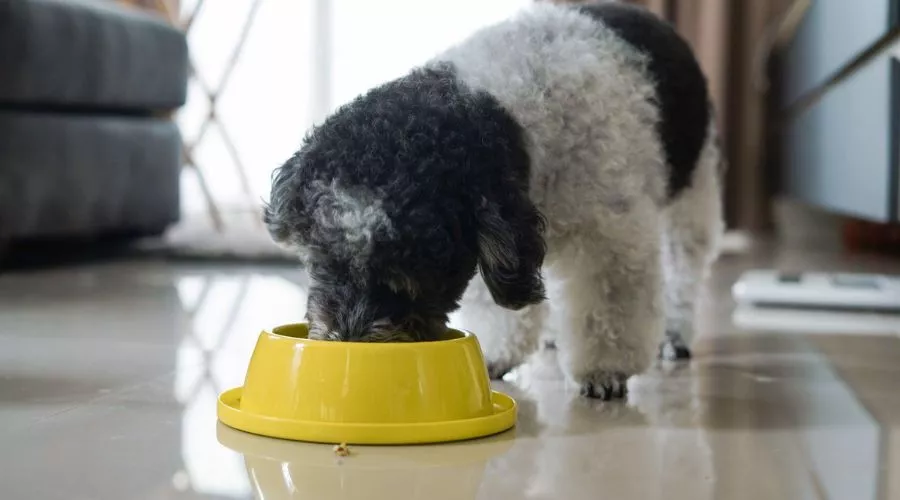
Knowing which food is the best for your pup can be tricky, but there are some simple ways to determine if the food you’re giving him is the right type.
First, you should look at the ingredients list on the food label. Make sure you’re giving your pup food made from high-quality, natural ingredients, free of preservatives, fillers, and by-products. Look for foods made with real meat as the first ingredient and contain plenty of fruits and veggies to provide essential vitamins and minerals.
Second, consider your pup’s life stage. Puppies have different nutritional needs than adult dogs, and senior dogs have other requirements than young puppies. Ensure you’re giving your pup food specifically formulated for his age and size.
Third, pay attention to your pup’s behavior and energy levels. A well-balanced diet will help him to feel his best and stay healthy. If he seems sluggish or changes his usual behavior, consider switching to a food with higher levels of certain vital nutrients like protein, fiber, and essential fatty acids.
Finally, speak with your veterinarian about which food would work best for your pup. Your vet can offer additional advice on determining if the food you’re giving your dog is the right type for him.
By following these simple steps, you can ensure that your pup gets the nutrition he needs from the food you’re providing.
FAQS
Why does my dog suddenly not like her food?
Your dog may not suddenly like her food because of medical issues, behavioral issues, or issues with the food itself. Medical matters can include pain, nausea, lethargy, or stress, while behavioral issues can stem from anxiety, stress, or fear caused by changes in routine or environment. Problems with the food itself could be that it is old, expired, stale, or spoiled. It is essential to rule out any underlying medical conditions with a veterinarian and ensure that your dog is not getting too many treats or human food, which could be causing them to lose interest in its food.
Why does my dog sniff around his food bowl?
My dog likely sniffs around his food bowl because he’s either being picky, curious, seeking attention, caching, or moving his bowl. He may also be trying to hide or cache food for later, or he may be put off by the odors coming from the bowl. It could also be a sign that something is wrong, and he’s trying to figure it out through his sense of smell.
Why do dogs nose their food away?
Dogs may nose their food away due to playing, seeking attention, curiosity, boredom, stashing for later, vision problems, dental issues, or trying to determine if they have the same treatment as a fellow canine.
.

